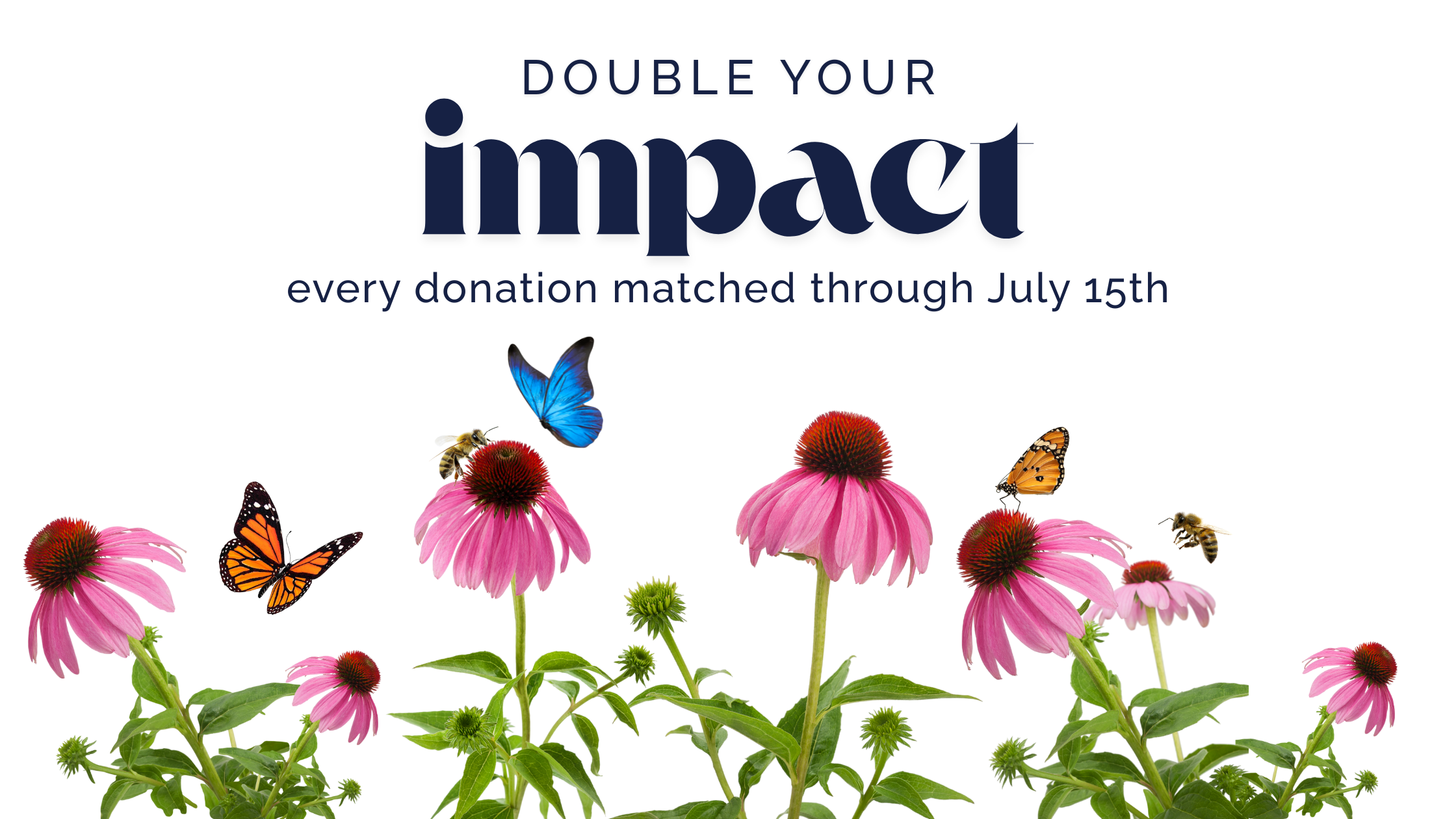
As the school year comes to an end, Sustainable Princeton would like to acknowledge the Princeton Public Elementary Schools’ efforts to reduce waste and promote environmental stewardship among their students. We recognize that all schools are making great strides to become more sustainable. For this piece, we had the opportunity to visit and interview Martha Friend at the Littlebrook School. We welcome the opportunity to hear what other schools are doing, so please contact us to let us know!
We learned that Littlebrook keeps compost bins in their classrooms and promotes the proper disposal of food waste throughout the entire day. They also use their Sustainable Jersey grant to buy reusable flatware, dishes, and cups for class parties, reducing paper and plastic waste.



Kindergarten through 5th grade is an especially important time for kids to develop sustainable habits and learn about environmental issues. For this reason, Princeton’s elementary schools make an effort to pair sustainable actions with educational opportunities. Science labs, for instance, teach about the environment through hands-on activities. Riverside School incorporated garden education into their curriculum, a program that has spread to all four elementary schools.
Ms. Friend says, “in order to take sustainability to the next level, it is important to create opportunities for students to go off campus and see where compost actually goes. We look forward to seeing what the next academic year brings! In the meantime, we hope Princeton Public School students maintain their sustainable habits over summer break.”
For information about Sustainable Princeton, visit sustainableprinceton.org
Written by Anna Marsh




